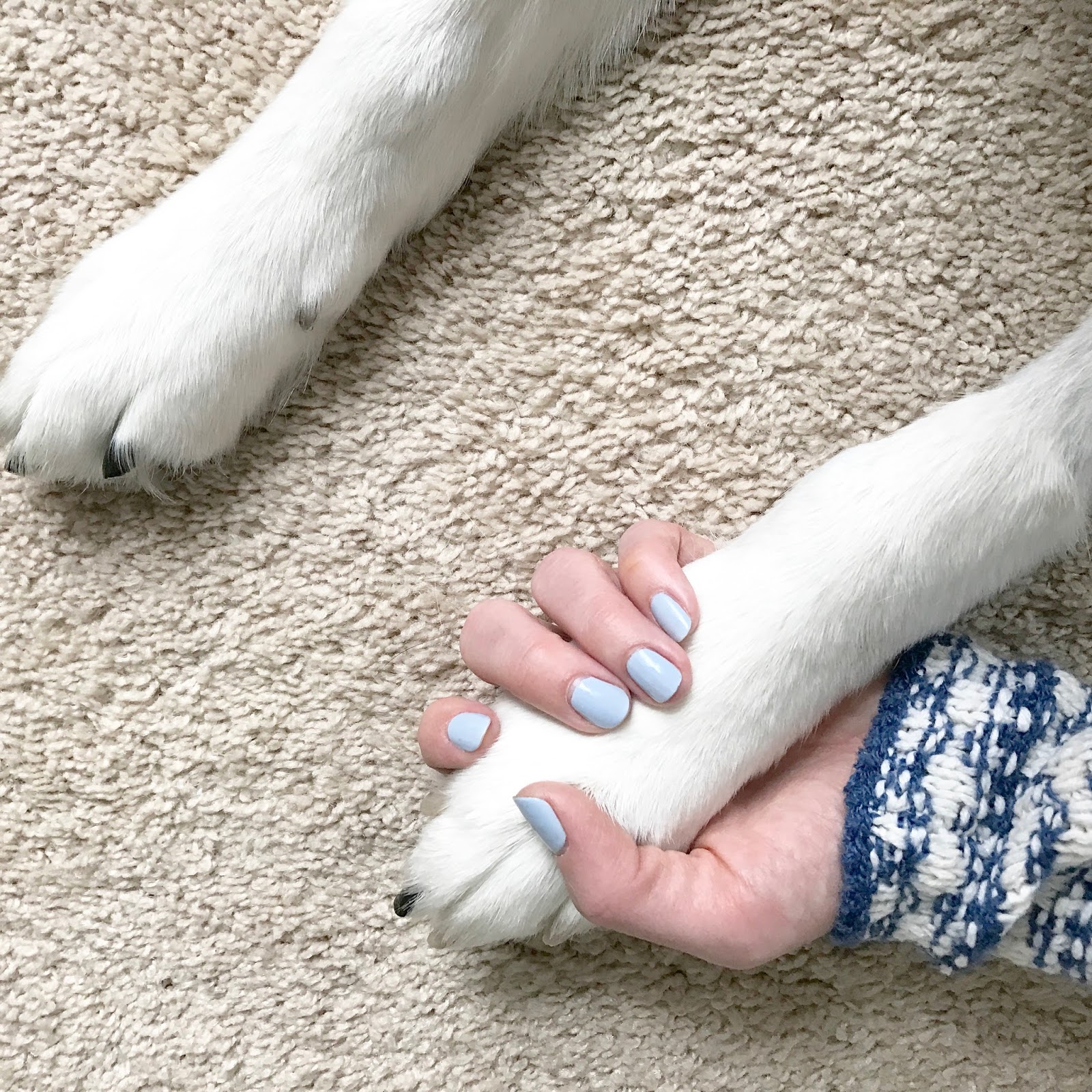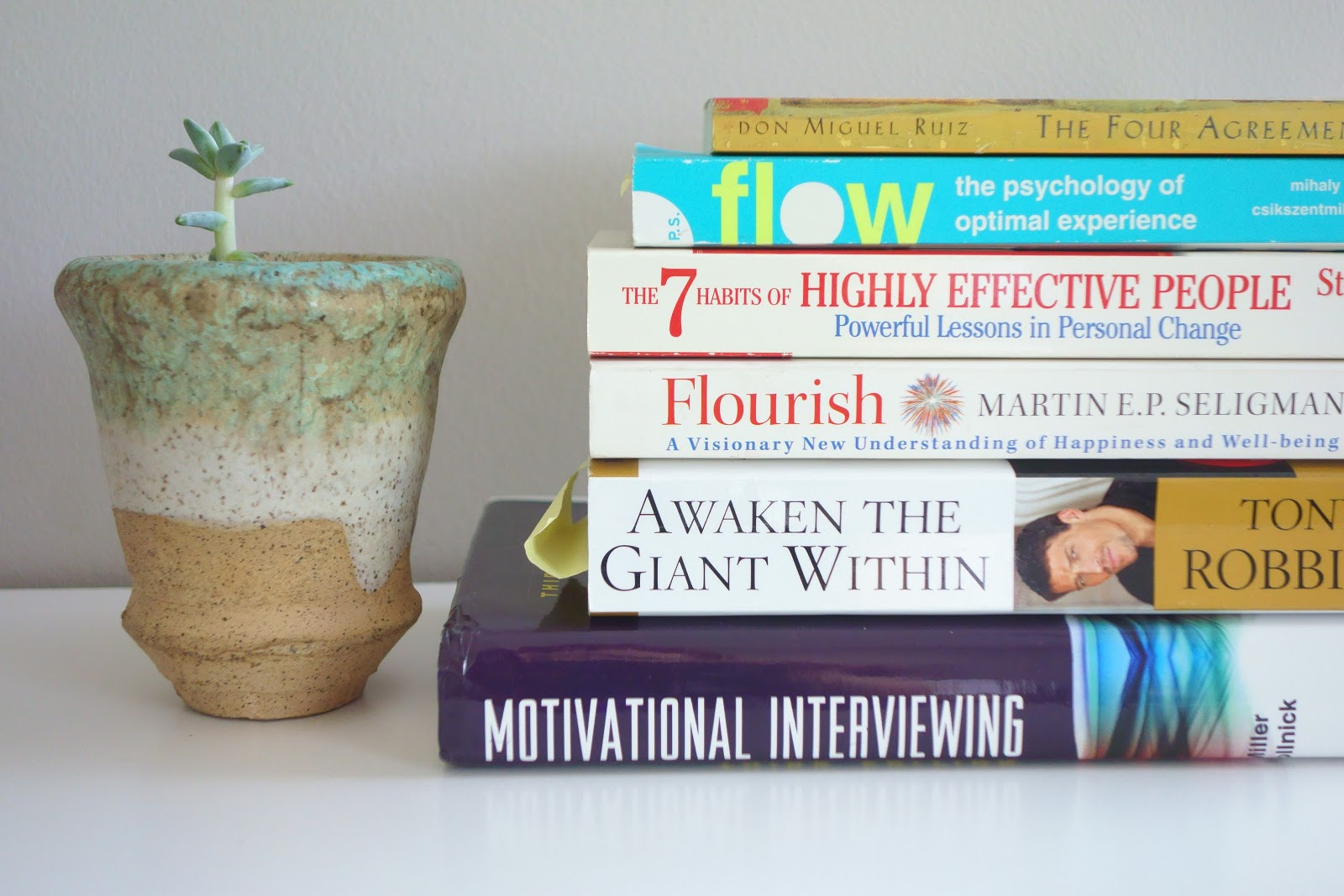Ever since I can remember, I've been an animal lover. My family has always had dogs and I don't think I owned a single item that didn't have a horse on it. Of course, because I didn't know any better and because society has normalized eating animal flesh, I ate meat, dairy, and eggs growing up. Not once did I stop and make the connection between the foods that I was consuming and the process it took to get to my plate.
Even through my teens and twenties there was an emphasis on getting "enough protein" which, of course, you got from animal sources. I had a one year stint as a vegetarian where I ate a LOT of soy-based and processed products. I eventually stopped because I had started weight lifting and I had convinced myself that I wasn't getting enough protein. First it was chicken, then it was everything. It wasn't until almost two years ago that I decided to go back to being a vegetarian. I started getting really uncomfortable with the videos, pictures, and articles that I came across.
Finally, one evening, after subjecting myself to a particularly horrible video, I decided I just couldn't live with being so upset and uncomfortable with the reality of the animal agriculture business. That night, I said no more. I made up my mind then and there to stop eating (and wearing) all animal products.
I know making an overnight decision is not going to be everyone's path. Which is why I wanted to provide these tips to those of you who are considering making the transition.
Even through my teens and twenties there was an emphasis on getting "enough protein" which, of course, you got from animal sources. I had a one year stint as a vegetarian where I ate a LOT of soy-based and processed products. I eventually stopped because I had started weight lifting and I had convinced myself that I wasn't getting enough protein. First it was chicken, then it was everything. It wasn't until almost two years ago that I decided to go back to being a vegetarian. I started getting really uncomfortable with the videos, pictures, and articles that I came across.
Finally, one evening, after subjecting myself to a particularly horrible video, I decided I just couldn't live with being so upset and uncomfortable with the reality of the animal agriculture business. That night, I said no more. I made up my mind then and there to stop eating (and wearing) all animal products.
I know making an overnight decision is not going to be everyone's path. Which is why I wanted to provide these tips to those of you who are considering making the transition.
1. Educate Yourself & Find Your "Why"
It's very easy to fall back on the old saying "ignorance is bliss." It's also probably much easier to go through life without looking beyond the packaged animal parts that are presented to you in shrink wrap at the store. What do all the organic, all natural, free range, grass-fed, and local labels really, truly mean? From start to finish, where did your food come from? Furthermore, could you even stand to watch the process from the animal being taken to the slaughterhouse, to the "processing" that happens afterwards? Would you be comfortable showing your children this process? I think it's very important to be aware of exactly what goes on and ask yourself why it make you so uncomfortable, if it's not something you can stand to watch.
The other thing that really blew my mind when I made the decision to stop consuming animal products was the effect that animal agriculture has on the environment. It is ruining our water, our ecosystems, and is a huge contributor to climate change.
Having a strong "why" is crucial when transitioning to a vegan lifestyle. My reason for not eating animals is so strong that I have no desire to ever eat meat, dairy, or eggs again because I don't see those foods in the same way that I used to. I am truly an animal lover and it pains me to see animals suffering for no reason.
2. Take it Slow If You Need To
As much as I wish everyone could go vegan overnight, I understand that the world doesn't work that way. I've heard so many people comment that they could go vegan "if I didn't have to give up my precious cheese." Being able to eliminate everything except for dairy would be a huge step in the right direction, so don't be afraid to take it slow. Maybe you start with eliminating beef from your diet. Then pork, then chicken, etc. If you can give up meat easily, maybe you try vegetarianism for a while. (I was a vegetarian before I went vegan.) Making a slow transition and taking small steps is absolutely okay, especially if it leads to sustainable change.
3. Set Yourself Up for Success (Be Prepared)
One thing to remember when making a transition to a plant based diet is that if you are eating mostly whole foods, you have to eat a LOT more of them to meet your energy needs. Make sure you are stocked up with healthy plant foods in your pantry and fridge so you don't end up hangry. Another thing I often hear is people saying that they tried to be vegan but they got headaches and felt tired. It's highly likely that these individuals were not consuming nearly enough calories. I usually have a CLIF bar, a NuGo bar, or a banana in my bag in case I get hungry while I am out and about running errands.
Another way to set yourself up for success is finding plant based alternatives for some of your favorite foods. Of course whole foods are best, but if you find a veggie burger you like, or faux-meat crumbles that you can enjoy with pasta, there is nothing wrong with having them in your meal rotation if you feel like you are missing some of the "comfort" foods.
4. Join the Community & Don't Be Afraid to Ask Questions
I'll be the first person to say that there can be a lot of toxicity in certain vegan communities, especially on the internet. However, there are so many helpful, friendly, welcoming communities out there that you shouldn't shy away from asking questions or joining discussions. At the very least, you know I am here for you! Definitely don't be afraid to ask me questions and/or reach out for resources or tips. Some awesome recipe sites can be found here on the "Resources" page at my main site.
5. Make it Fun & Positive
Instead of seeing it as a challenge, think of veganism as an opportunity. An opportunity to get healthier, to try new foods, to eat more veggies, to learn new recipes, and promote non-violence towards living beings. Try to recreate your favorite foods with plant based alternatives.
Going back to Tip #2, be kind to yourself to ensure a positive experience. It's okay to start slowly. And I mean REALLY slowly. A great place to get your feet wet would be having a "Meatless Monday" tradition.
Another idea would be to through a meatless potluck dinner party where you invite your friends to make and bring a meatless or vegan dish to share.
Also, let's not forget that most beer, wines, and liquors are vegan! ^_~
Another idea would be to through a meatless potluck dinner party where you invite your friends to make and bring a meatless or vegan dish to share.
Also, let's not forget that most beer, wines, and liquors are vegan! ^_~










